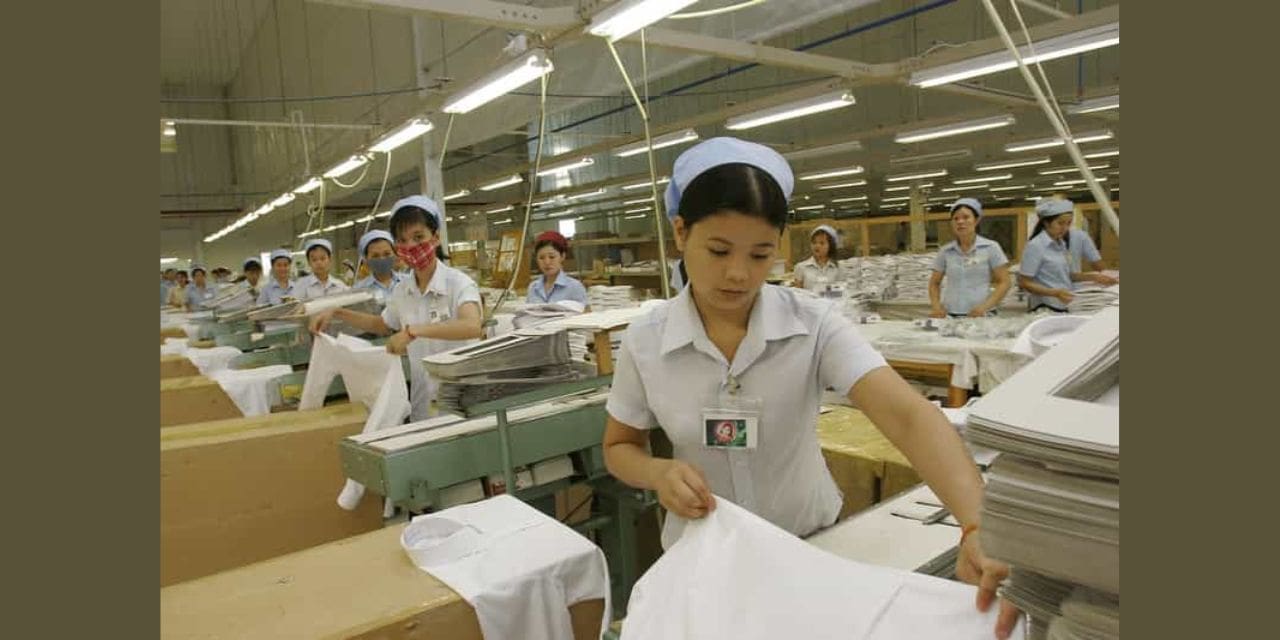Individual brands and buyers are asking for specific compliances such as use of recycled cotton, green production facilities, waste water recycling. This is a process that started about two years ago and caught on in the last few months, says K.M. Subramanian, president of Tiruppur Exporters’ Association.
International buyers sourcing garments and home textiles from India are asking for compliance to environmental, social and governance (ESG) framework. Textile and garment manufacturers in the clusters in Tamil Nadu are gearing up to meet these demands.
“Individual brands and buyers are asking for specific compliances such as use of recycled cotton, green production facilities, waste water recycling, etc. As of now, almost all brands want to have a segment of their products under the ESG compliance. Some buyers are willing to pay a premium for the garments that meet these targets, others are not. This is a process that started about two years ago and caught on in the last few months, especially for baby garments,” says K.M. Subramanian, president of Tiruppur Exporters’ Association.
At present, the larger garment manufacturers in Tiruppur are able to meet these demands. Those who do not have the necessary infrastructure will have to invest so that they get orders. “We expect about 20 % of the orders to be ESG compliant in the coming years,” he said.
According to Siddhartha Rajagopal, Executive Director of Cotton Textiles Export Promotion Council (Texprocil), individual buyers are working with their suppliers for sustainability goals. Some countries have started linking these to their trade policies. The suppliers in India will incur higher costs to meet these demands. “They (buyers) may ask for specification of the compliance details on the labels. In two-three years, this will become a big movement,” he said.
The Council has taken up a project for traceability of cotton and some textile mills have come on board, he added.
Chandrima Chatterjee, Secretary General, Confederation of Indian Textile Industry, said the Association is looking for tie-ups with international agencies at two levels – compliance/reporting the compliance and green funding. “As of now, compliance is largely voluntary. But, ESG reporting is expected to become mandatory by 2026,” she said. The Association is working on collaboration with international agencies so that its member units get expert guidance and are able to build capacities to meet the ESG norms. In collaboration with Innovation Centre Denmark, Confederation of Danish Industries India office, and the lifestyle and design cluster Denmark, the Association organised a workshop recently on sustainable sourcing and ESG.
“The Indian government has formed an ESG task force and is focusing on it. Industries will also need funds to build infrastructure and bring in technology to meet the ESG framework specifications. Green funding agencies will be able to support the industries,” she said.

